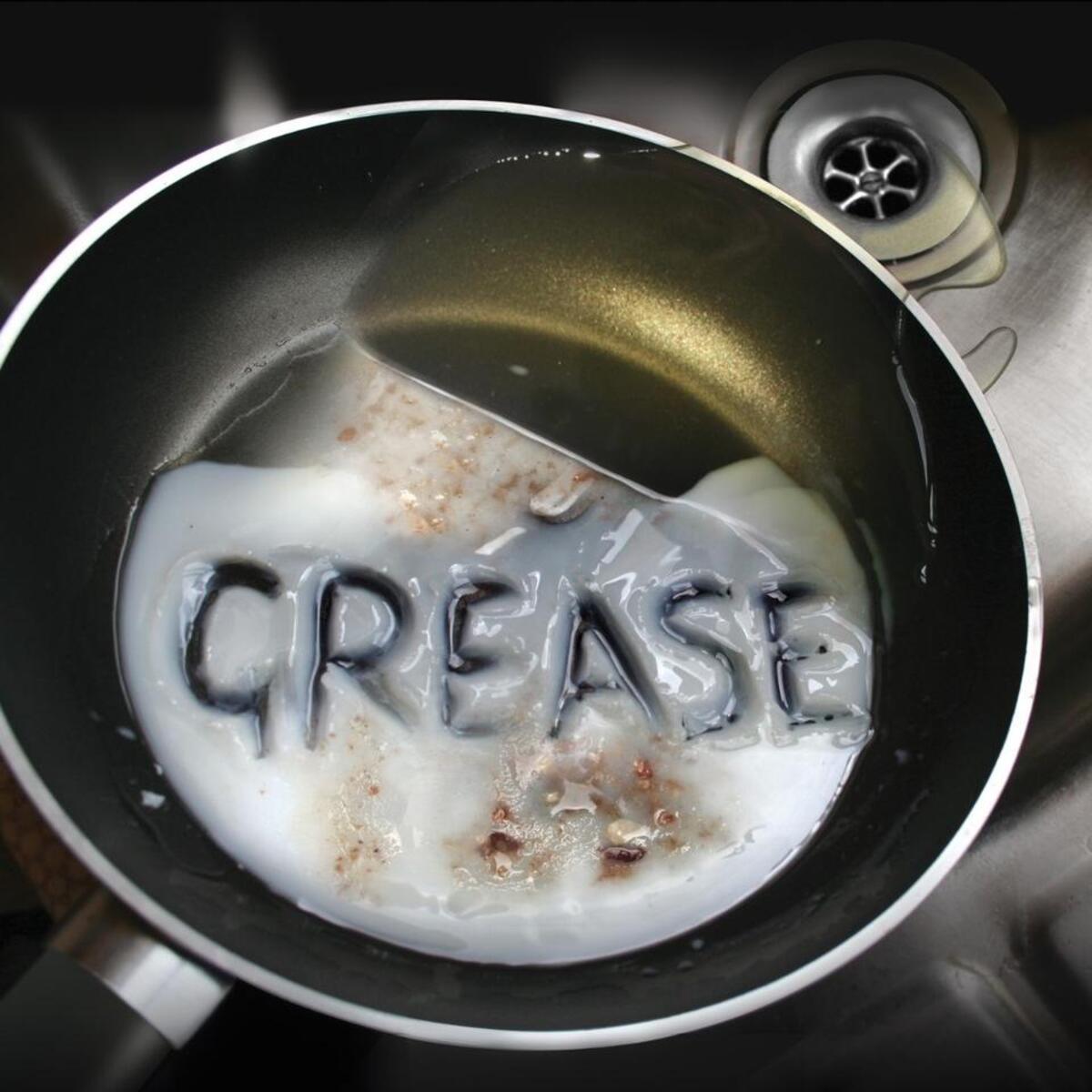
I’m sure we can all agree that cooking is one of the most enjoyable things in the world! But there’s always something to be mindful of when cooking: What do I do with leftover fats, oils, and grease? For many, the initial answer to this is, let’s put it down the kitchen sink. This is a definite no-no. Let us tell you why:
The fat, oil, or grease you pour down the kitchen starts as fluid, but it doesn’t stay that way. In a matter of minutes, the grease cools down and solidifies – in your precious pipes. Once that grease is solid, it becomes a pesky barrier for other things that make their way down your pipes, like scraps of food. As a result, this gradual stoppage can become a nuisance as you’ll probably notice that the sink will drain a lot more slowly, or it may stop draining entirely. The smell of build-up that follows will be just as bad too!
Many of us now have a food disposal unit installed and think this is the best place to drain the oil and grease – let us stop you there. The main purpose of a food disposal unit is to dispose of food particles, not grease and oil as these will still go down the pipes and cause blockages.
Grease, fats and oils are so damaging to the drainage system, that in restaurants, cafes and commercial kitchens they have grease traps installed. Grease Traps intercept the grease, fats and oils which prevents them entering into the drainage system. Grease traps are then cleaned out via a specialist vacuum truck every 3-6 months depending on the usage… Grease trap cleaning is a big part of our business here at DPW, and we have seen the damaging effects that grease, oils and fats can have if left too long or not handled correctly.
Now, we can hear you asking: so how do I dispose of the grease, fat and oil that is leftover after my cooking? Well the answer is easy: wait for the grease to cool and solidify. Then, throw it into your rubbish bin.
If you think you already have a grease-related blockage in your kitchen sink, try breaking up the grease, oil and fats with a mixture of baking soda and vinegar, followed by hot water.
Grease blockages are notoriously stubborn, so if the above method doesn’t do the trick, the next smart move is to call the experts, which is our team. We will clear the blockage before it becomes a bigger problem.

